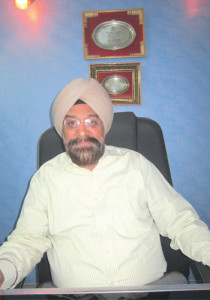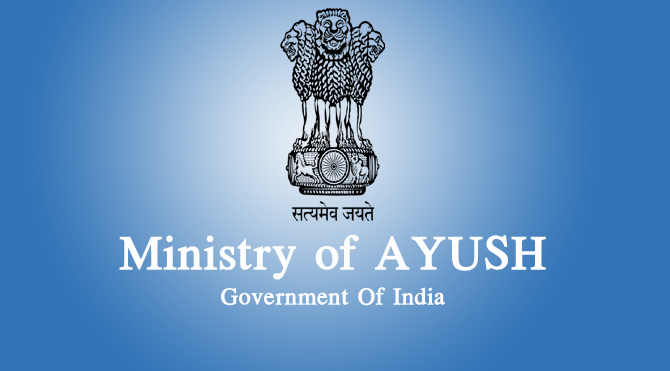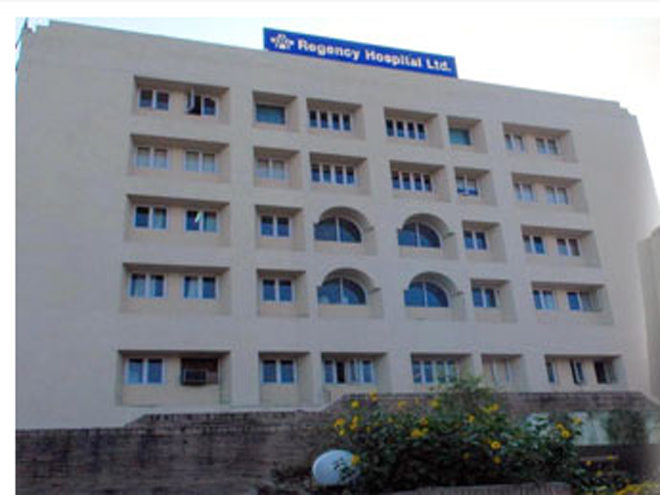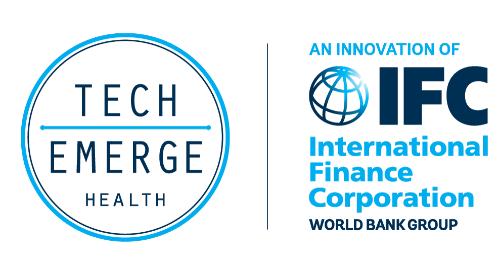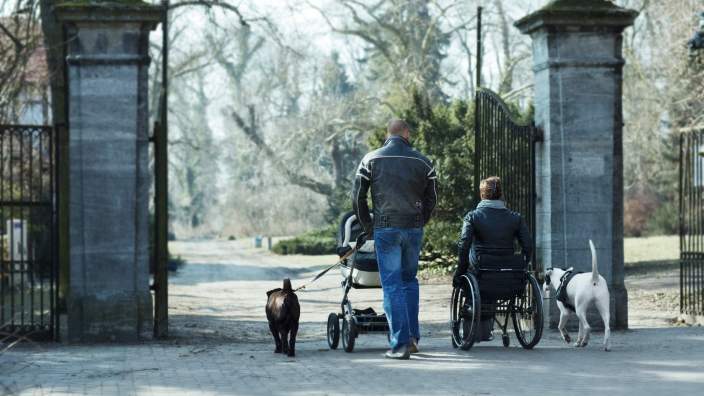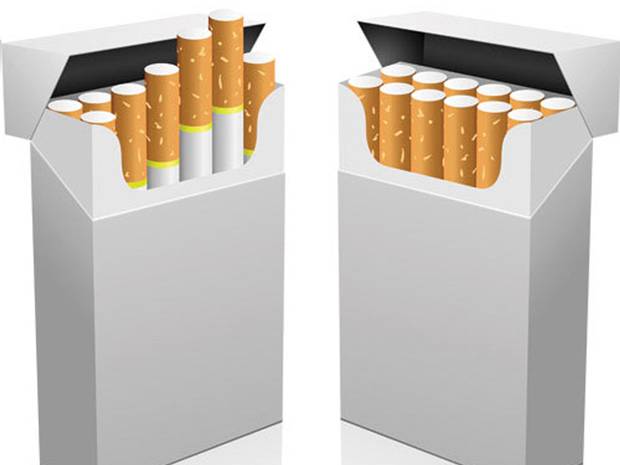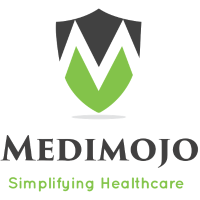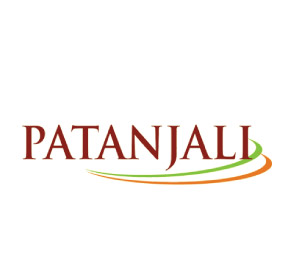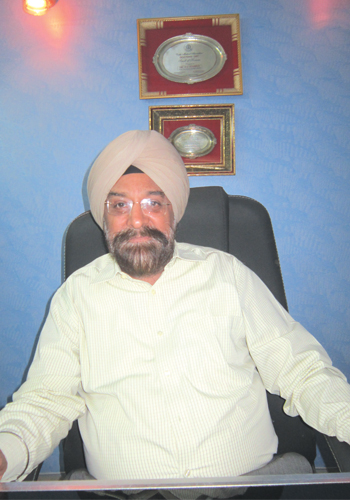
Dr H S Kukreja, Director, Kukreja Hospital, talks about the challenges in bringing healthcare to the low-income people in a conversation with ENNs Rajesh K Sharma.
Please tell us about Kukreja hospital.
It is a 50-bed hospital of which 40 beds are registered with the government and 10 beds are reserved for emergency situations like epidemics. We have Gynaecologists, Orthopedics, Pediatrics and General Practitioners as well. Kukreja Hospital offers comprehensive healthcare facilities to all strata of society. We cater to the needs of the lower and middle classes, and the economically weaker sections of the society.

On an average, how many cases do you see each day?
We have different OPDs for each department. In each OPD, we see five to six new patients daily. So, on the whole, the number is about 50 to 60 patients daily.
You said you cater to the lower and economically weaker sections of the society, but your website also talks about medical tourism. Can you please explain?
We had planned to offer Laparoscopic surgery to foreign tourists. It is economically feasible in India, and we can do it at very reasonable rates. We are working towards it.
Any plans to take it up in the future?
Definitely, medical tourism is the future.India can provide affordable medical services and quality doctors as well. However, I am afraid whether it would be successful. Ours is a small hospital of just 50 beds. This does not inspire confidence in people. People trust large hospitals. Earlier, we were planning to target smaller countries like Sri Lanka in order to offer services like laparoscopic surgeries. Later, we realized that it would be difficult to sustain our services in the midst of bigger hospitals.

In your opinion, does technology help lower healthcare costs and make it accessible to more people?
Definitely, the need of the hour is to move towards newer and modern technology. However, it depends on finance. Ours is not a high-end hospital, it is a middle-class one. We also want to go in for modern technologies, but
our financial constraint limits it. It is the need of the hour. While in Delhi about ten percent of the population has access to the latest medical technology, in India, barely one percent of the patients might have it. The majority of population doesnt have any access to the latest healthcare technologies. Our main aim is to cater to those people who do not even get the most basic facilities.
But the government has taken many healthcare initiatives under the National Healthcare Mission programme to bring healthcare to the poor with the aid of technology.
It has, but I dont think that it is working, because people are not aware of it. Also, the poor people are not so educated, that they can tell you exactly what their ailment is, what their problem is, and what they need. It is difficult for them. Even today, people, in India, are not aware of a thing like immunisation, which is a very basic and necessary thing.
So you feel that the benefits of technology in healthcare have not touched the lower sections of the society?
Not at all. And it is out of their reach as well. If you want to provide the latest technology, and the most modern form of treatment to the lower sections of the society, they will not be able to afford it. They cannot even afford the medicines.
Even today, people in India are not aware of a thing like immunisation, which is a very basic and necessary thing
How should this challenge be met then?
The government needs to help the private hospitals, because everything is becoming more expensive. Licenses are becoming more difficult to procure. While accreditation of hospitals by the National Accreditation Board for Hospitals & Health care Providers (NABH) is a good thing, to get accredited, certain conditions must be met. This means more investments. If we give more facilities, then definitely things will be more costly. In a small hospital like ours, people cannot afford the extra costs. Also, insurance is another area that needs improving. While the rich having private insurance coverage get a refund for their expenses, the poor that come under government insurance schemes have to run from pillar to post for reimbursements.
Can you shed some light on the latest technologies that you are planning to install at Kukreja Hospital?
We will start lipid, and also install a dialysis unit because we are getting lots of cases of renal failure now-adays. The contracts have been signed, and the units should start functioning within two months.
How important is medical insurance in making healthcare affordable?
Healthcare insurance is very important today. A hospital cannot survive without medical insurance today. But sadly, not many people have insurance now-adays, not even the rich. As for the poor, they dont have faith in it. The process
for claiming insurance from LIC is so complicated that people get frustrated. In recent times, though health insurance has improved, but till the process for reimbursements for health insurance improve and the insurance companies ensure that there are no unnecessary hospitalizations and no malpractices, it will not grow. The insurance companies need to be strict with erring hospitals and individuals, blacklisting those found erring. At the same time, genuine cases must be reimbursed immediately, so that people gain confidence in insurance.
What are your expectations from the new government?
The new government should ensure an environment for a hassle-free running of businesses, minimizing of corruption. India has a lot of capacity to grow and a corresponding capability as well. In healthcare, transparency needs to be introduced. Most government policies create room for corruption rather than removing it. Take for example, CGHS. Why should a patient be bound to go to a particular hospital? He should be able to go to any hospital of his choice. All hospitals approved by the DGHS should be empaneled. The process of applying for empanelment for a hospital is itself fraught with corruption. If corruption is dealt with, things will improve. Secondly, the charges laid down by the CGHS panel are unrealistic. Everyone, even the policy makers and the government know that the prices are very low. This creates room for corruption, as the doctors then keep adding more procedures to a case to raise the charges.
Be a part of Elets Collaborative Initiatives. Join Us for Upcoming Events and explore business opportunities. Like us on Facebook , connect with us on LinkedIn and follow us on Twitter , Instagram.


